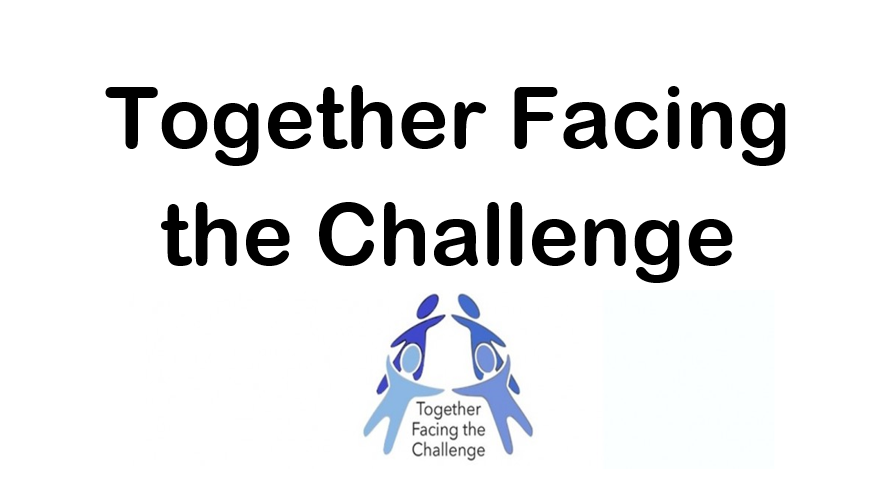Together Facing The Challenge has moved to Omni Family Institute.
Please visit Omnifamilyinstitute.com for information regarding
Together Facing the Challenge!
Please reach out to info@omnifamilyinstitute.com with questions about the model!
Our Story
Together Facing the Challenge (TFTC) is a program under the leadership of Maureen Murray, LCSW, within the Services Effectiveness Research Program in the Department of Psychiatry and Behavioral Sciences at Duke University School of Medicine. It was developed as a collaborative effort between Maureen Murray, Betsy Farmer, PhD, and Barbara J. Burns, PhD., and is based on nine years of treatment foster care (TFC) studies. In a 5-year randomized clinical trial funded by the National Institute of Mental Health (MH057448), Together Facing the Challenge (TFTC) showed significant improvement (compared to “usual care” TFC) in a range of youth-level outcomes (Farmer, et al., 2010). Additional research, and randomized trial (funded by The Duke Endowment) showed that an enhanced curriculum and training protocols can provide even more substantial improvements in practice and sustainability.
Given the limited resources of agencies, as well as the increasing demands for evidence-based practice, we developed TFTC in an effort to provide a program that was both cost & time efficient. It is designed to be a low-cost approach to improving treatment within the existing structure & practice of a wide range of foster care agencies.
The training and consultation approach is used by TFTC to improve the skills of foster parents and their agency staff. The model focuses specifically on the in-home intervention elements (and creating adequate skill levels to implement these strategies effectively) and on the important role of supervision and coaching in helping foster parents work effectively. We don’t ask agencies to “re-invent the wheel” — instead, the goal of TFTC is to work with agencies to enhance what they already do well by growing their knowledge & expertise with evidence-informed approaches to improve practice & outcomes for youth in care. Simultaneously, we strive to ensure that our model of care is not only approachable, but also feasible with the resources available to currently existing foster care programs.
This Train-the-Trainer model applies practical parenting and supervisory techniques that are sustainable in a variety of foster care settings. The curriculum provides in-depth instruction, coaching, and consultation to enhance agency services. This training model brings together the strengths of evidence-based treatment with the realities of practice to offer an enhanced approach to meeting the needs of youth in care.
Our work to have Together Facing the Challenge (TFTC) gain evidence-based status from the California Evidence-based Clearinghouse for Child Welfare (CEBC) was an important achievement, and we need to ensure that it is being implemented in a way that is congruent with this status. In order for an agency to claim they are using our evidence-based curriculum, they must implement the program in a way that shows fidelity to the model.
The Together Facing the Challenge team will work closely with agencies while they are preparing to implement the model. Regularly scheduled follow-up consultation sessions will provide the agencies with needed support and guidance to assist them in incorporating the required elements of the model into their agency’s practice. These core components consist of a specified set of activities to which agencies and their staff must adhere if they are going to be implementing the Together Facing the Challenge program as an evidence-based model.
Together Facing the Challenge has its roots in North Carolina, where it began its research. It continues to get support from The Duke Endowment for its work in both North Carolina and South Carolina. In those two states alone TFTC has trained over 40 agencies. Since expanding outside the Carolinas, TFTC has worked in over 20 states with more than 60 agencies.
Interested in applying? Click here to learn more!

